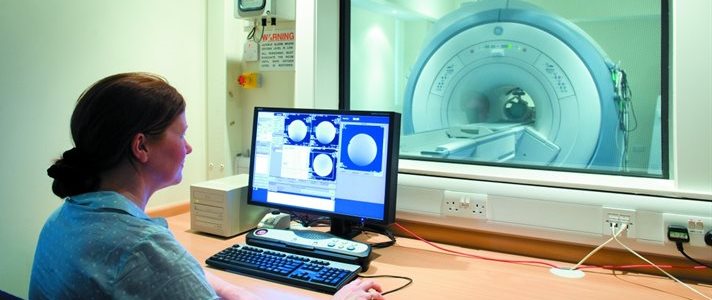
Neuropsychological Evaluation and Rehabilitation in Multiple Sclerosis (NEuRoMS)
This projects aims to develop a cognitive screening pathway, to routinely assess all PwMS for cognitive problems. Develop and test a short, neuropsychological rehabilitation programme for people with mild to moderate cognitive problems.
Duration: May 2019 to July 2026
Funder: NIHR
Partners:
Nottinghamshire Healthcare NHS Foundation Trust, University of Nottingham, The Institute of Mental Health (Nottingham)
CHILL investigators:
Profesor Stephen Timmons
Research summary
Background:
Multiple sclerosis (MS) is a lifelong neurological condition that often gets progressively worse. There is currently no cure. About 100 people are diagnosed weekly in the UK, most commonly in their 20s or 30s. Problems with memory, attention, and problem solving (together known as cognitive problems) affect 70% of people with MS (PwMS). These problems are distressing for PwMS (and their families), affecting their mood, ability to work, and enjoy social activities. Treating cognitive problems is a top 10 research priority for PwMS. ‘Neuropsychological rehabilitation’ helps deal with cognitive problems (e.g., by teaching people how to better concentrate or remember things). PwMS who would benefit from rehabilitation do not often get such rehabilitation because there are few NHS neuropsychologists available and there isn’t routine screening to identify problems early. Identifying people with cognitive problems therefore does not usually happen until they become severe, by which time rehabilitation is less effective.
Design and methods:
We will hold a series of discussions with PwMS, families, NHS staff and patient organisations to help develop an electronic screening tool (making it quicker and easier to deliver in busy clinics), and to ensure the content and format of the rehabilitation meets patients needs and can be provided in the NHS. We will pilot test the new screening and rehabilitation pathway in three NHS clinics, interviewing patients and staff to understand the barriers and facilitators to its adoption. Next, we will conduct a study with 60 patients to see whether the pathway is acceptable to PwMS and is feasible to conduct a large study to test the rehabilitation. Finally, we will test the rehabilitation with 478 people to see whether those who receive the rehabilitation report better outcomes and quality of life than those who didn’t receive it, and whether offering rehabilitation leads to longer-term savings for the NHS and wider society. We will develop strategies to deliver the screening and rehabilitation across the NHS.
Patient and Public Involvement:
We have formed a MS Patient and Public Involvement (PPI) team who have co-designed this application and agreed to provide continuing support and challenge. We will work closely with them throughout the project. They will advise, and support data collection, analysis and dissemination.
Dissemination:
We will share our findings with policy makers, NHS staff, MS charities and the public using methods suggested by our PPI group.



